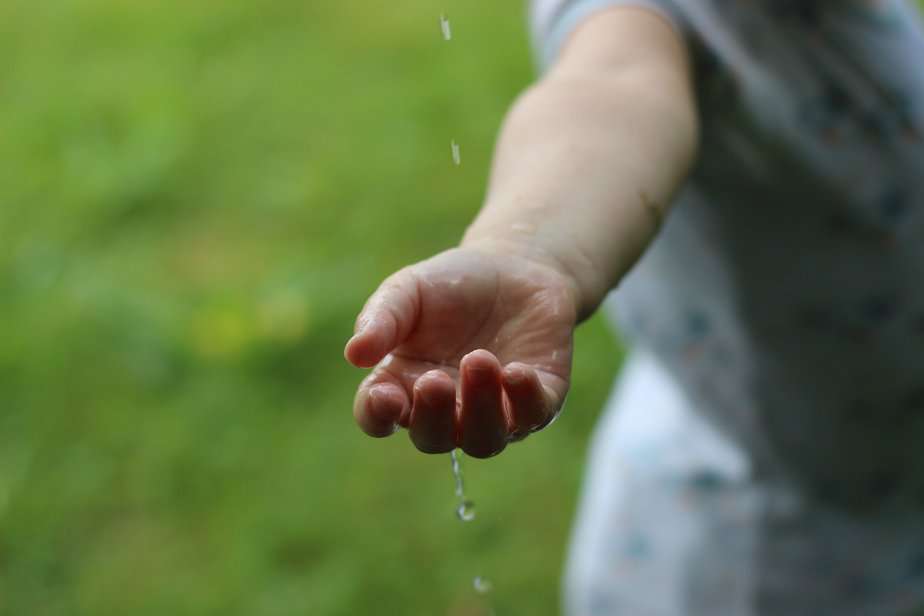
Water is the lifeblood of agriculture, crucial for the growth of crops and the sustenance of livestock.
In an era of growing environmental concerns and changing climate patterns, it’s more important than ever for farmers to adopt sustainable water management practices. By incorporating effective water planning strategies, farms can ensure efficient water usage, safeguard resources, and contribute to the well-being of the environment. In this blog post, we’ll explore eight essential tips for implementing sustainable water planning on farms.
Assess Water Resources
The first step towards sustainable water planning is understanding the availability of water resources on your farm. Conduct a thorough assessment of your water sources, including wells, rivers, ponds, and rainwater collection systems. By knowing the quantity and quality of water available, you can plan your water usage more effectively and avoid overexploitation of limited resources.
Implement Efficient Irrigation Systems
Traditional irrigation methods often result in significant water wastage. Embrace modern, efficient irrigation systems such as drip irrigation or sprinklers. These systems deliver water directly to the roots of plants, minimizing water loss due to evaporation and runoff. Additionally, consider using sensors to monitor soil moisture levels, allowing you to provide water only when necessary.
Practice Crop Rotation and Diversification
Crop rotation and diversification are not only beneficial for soil health but also for water conservation. Different crops have varying water requirements. By rotating crops and planting a diverse range of species, you can reduce the overall water demand and maintain soil moisture balance more effectively.
Optimize Timing of Watering
Timing plays a crucial role in water management. Watering during the cooler parts of the day, such as early morning or late evening, reduces evaporation and ensures more water reaches the plants’ roots. Avoid watering during peak sunlight hours when evaporation rates are higher.
Mulching for Soil Moisture Retention
Mulching involves covering the soil surface with organic materials like straw, leaves, or wood chips. This practice helps retain soil moisture by preventing water evaporation, minimizing weed growth, and protecting the soil from temperature extremes. Proper mulching can significantly reduce water needs while enhancing soil health.
Capture and Store Rainwater
Rainwater harvesting is an excellent way to supplement your farm’s water supply sustainably. Install rainwater collection systems on rooftops and other surfaces to channel rainwater into storage tanks or reservoirs. This collected water can then be used for irrigation, reducing the demand on other water sources.
Monitor and Manage Water Usage
Regularly monitor your water consumption to identify trends and potential areas for improvement. Consider using water meters to track usage and identify any leaks or inefficiencies. By staying vigilant about water management, you can quickly address issues and adjust your practices accordingly.
Invest in Water-Efficient Technologies
Advancements in agricultural technology have led to the development of water-efficient tools and equipment. Look into investing in water-efficient machinery, such as low-flow irrigation nozzles, precision farming tools, and moisture-sensing technologies. These innovations can help you make the most of your water resources while minimizing waste.
Conclusion
Sustainable water planning on farms is not only environmentally responsible but also crucial for the long-term viability of agricultural operations. By adopting efficient irrigation systems, practicing crop rotation, and harnessing rainwater, farmers can reduce their water footprint while maximizing crop yields. Implementing these tips requires a combination of careful planning, innovative technology adoption, and a commitment to responsible resource management. As the world grapples with water scarcity and climate change, each farm’s efforts contribute to a more sustainable and resilient future for both agriculture and the environment.
More reading
10 Essential Tips for Water-Wise Farming to Ensure Water Security

Pingback: Sydney's Ambitious Plan To Double Water Supply Through Desalination | Big Ditch Dam Building Company
Pingback: Soil Testing Tools And Techniques For Better Farming | Big Ditch Dam Building Company
Pingback: The 10 Benefits Of Integrating Water Plants In Dams | Big Ditch Dam Building Company